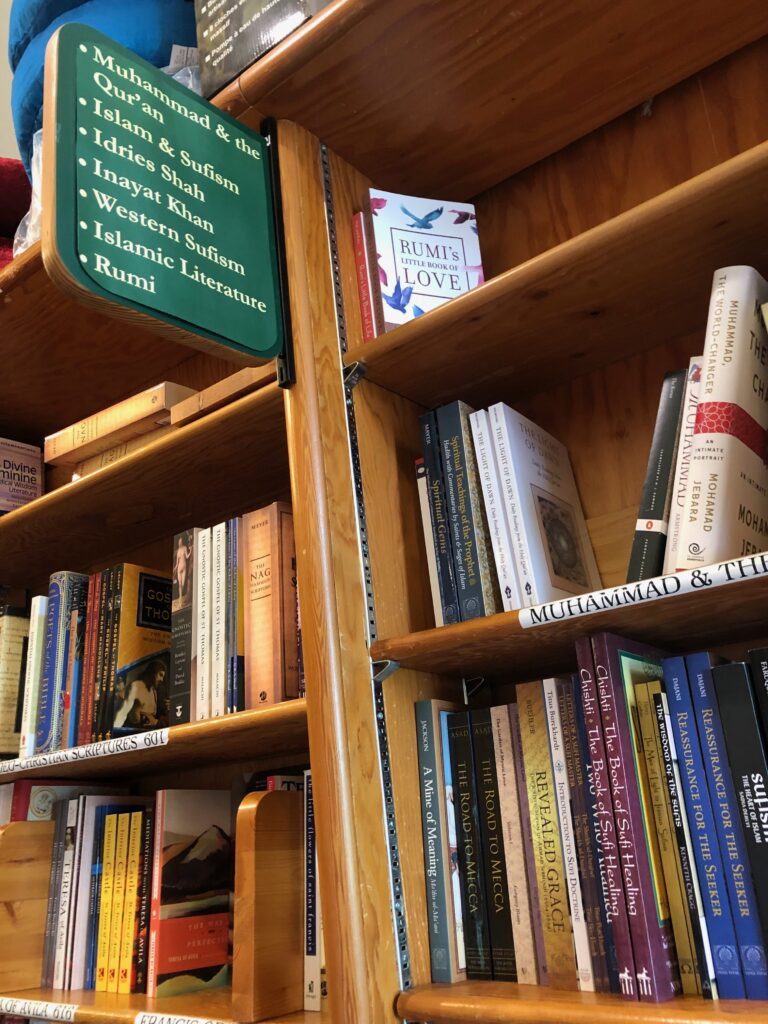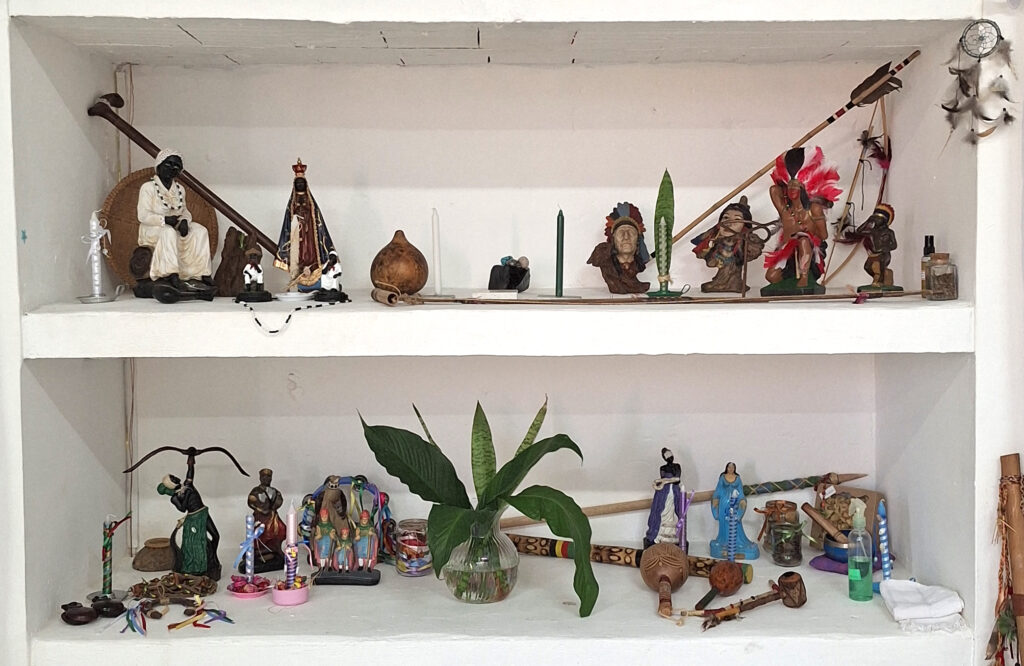On November 21, 2024, CAS-E hosted a one-day workshop featuring Prof. Fan-sen Wang 王汎森 from Academia Sinica, Taiwan. Prof. Wang, who was awarded the Humboldt Research Award 2024, presented his ongoing book project on “Symbolic Action in Late Imperial China 中國近世歷史中的象徵性行動.”
The workshop comprised of two sessions. The first session was devoted to a general outline of the book, including a definition of “symbolic action,” and its relevance to the social and cultural dynamics of late imperial China. In the second session, Prof. Wang presented a detailed account of Chapter 2, which deals with customs such as “leaving the boots behind 留靴” and the “people’s umbrella 萬民傘.” These customs exemplify forms of symbolic interaction between local officials and the communities they served, offering unique insights into grassroots expressions of gratitude and critique. Both sessions (5 hours in total) were followed by a lively discussion with the audience, including CAS-E visiting scholars and guests from Germany, Taiwan and China.

Prof. Fan-sen Wang (left) and Prof. Michael Lackner (right)/Photocredits: CAS-E
Prof. Wang explained that these rituals, such as the apparent symbolism of “boots” and “umbrella,” were never officially codified, and therefore represent an alternative rationality outside the formal bureaucratic framework. For instance, a meritorious local official was often honored by being asked to leave his boots behind at his farewell, and sometimes the local people would donate a giant umbrella with their names on it to preserve his memory; in several cases, even a stele was erected to “commemorate his virtuous governance 去思碑 or 德政碑.” The spatial placement of these objects, boots, umbrellas and stelae, also carried deep symbolic meaning. Such acts were often accompanied by additional activities, such as “closing of the market,” offerings a cup of pure water and a piece of tofu, or theatrical performances.
Categorized as “bottom-up” actions, these customs reflect what James Scott termed “weapons of the weak,” directed against the official reward system through community-driven practices. No wonder that they were sometimes banned by the central government, as they were considered close to “invasive (i.e. illicit) love,” which in the classical understanding of ritual characterized an unwanted care-taking of superiors by inferiors.
The discussions following the presentations were vibrant and interdisciplinary. Topics included, among many other issues, included the complexities of an appropriate definition of the “people 百姓” in traditional China and the challenges of identifying a coherent historical framework for these alternative symbolic actions.
The study day not only highlighted Prof. Wang’s meticulous research but also fostered rich dialogue among attendees from different socio-cultural and disciplinary backgrounds. We eagerly anticipate the publication of Prof. Wang’s book, which promises to be another landmark contribution to the field.
Prof. Dr. Michael Lackner
Dr. Gang Li








